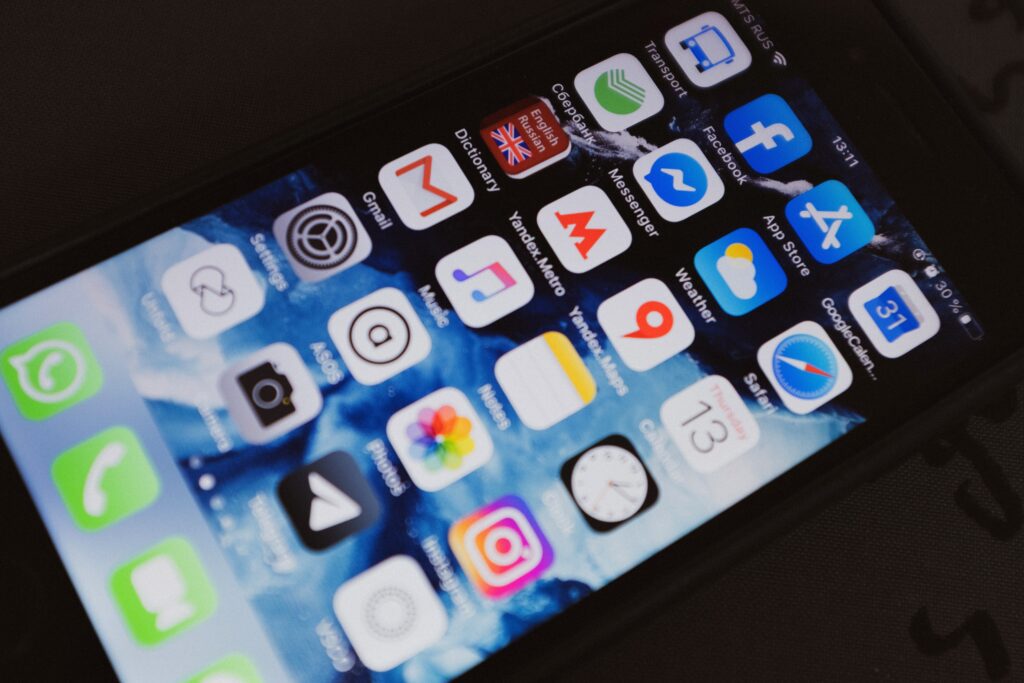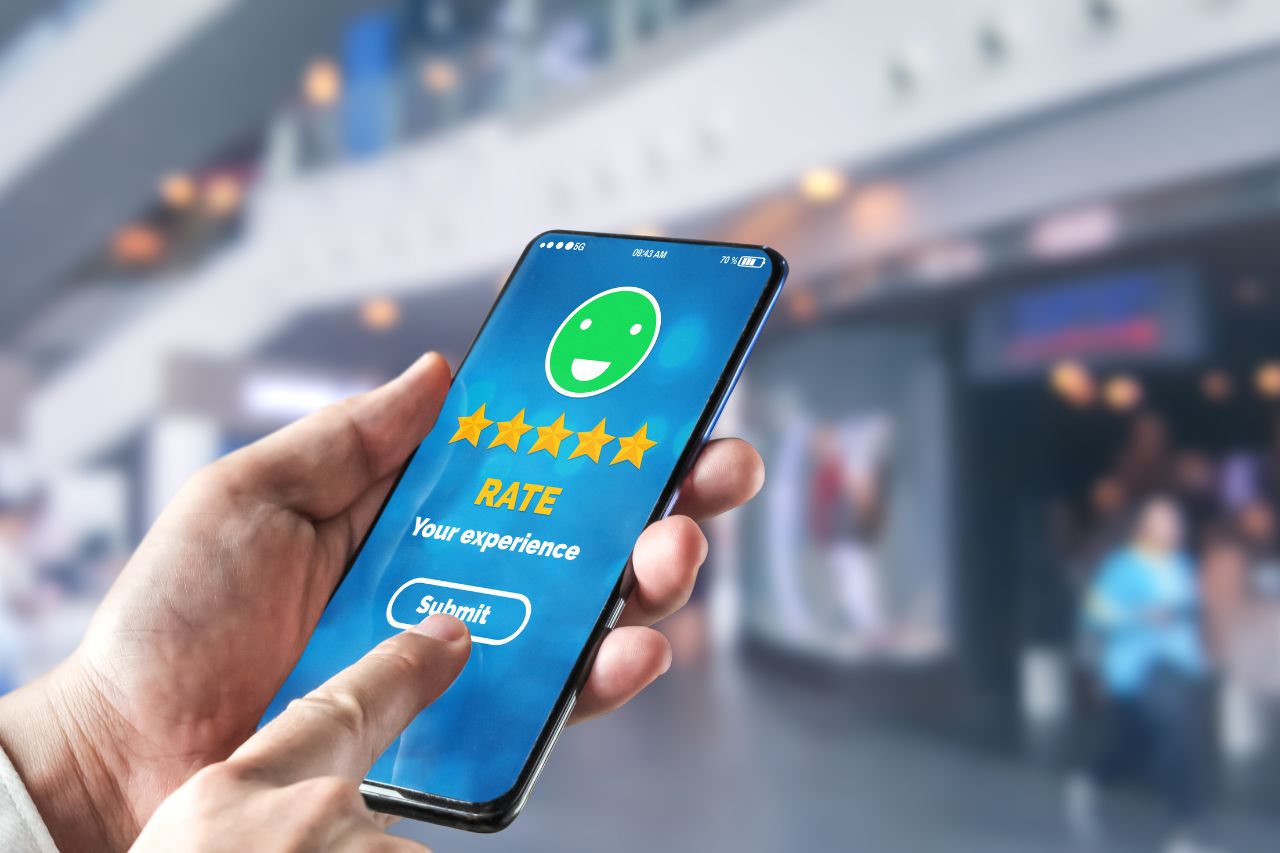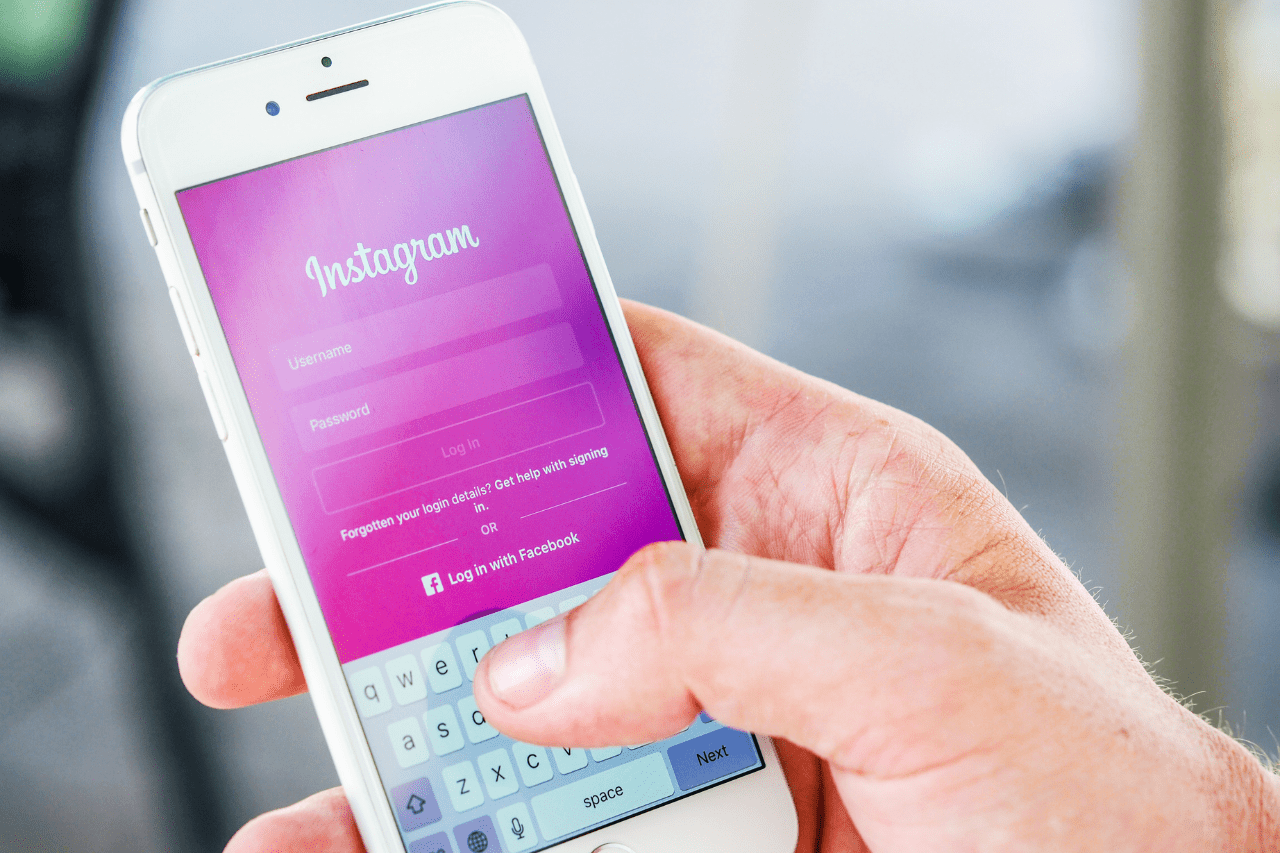Social media crises can quickly unfold from accidental NSFW tweets, hijacked hashtags, or disgruntled employees – it’s vital that teams at every level of a company know how best to handle these crises and what should and shouldn’t be done during times of emergency.
As soon as your team detects an impending crisis, stop scheduled posts to prevent misinformation and rumors from spreading further. This will prevent further missteps from being posted that might make things worse.
Scenarios that may appear concerning on social media but don’t qualify as crises
Social media can be an extremely effective marketing tool, yet can also serve as a potent source of negativity. To effectively handle both issues on and offline, businesses need a plan in place for crisis management as well as vigilant monitoring for signs of trouble on social media – this way businesses can quickly respond and prevent minor incidents from turning into crises.
Though social media crises may stem from any number of causes, certain elements are commonly involved. This includes technical blunders, hijacked hashtags, and employee mistakes; when products fail on live television or employees make offensive remarks to customers. All these scenarios require immediate action by companies.
When companies or brands experience a social media crisis, the first step should be assembling a team to respond. This should consist of representatives from marketing, sales, customer service, and HR; so all members are on the same page and can take appropriate actions quickly. In addition, this team should receive training specifically on handling such crises before they arise.
Step two is monitoring social media for any negative comments or complaints regarding your company. When such posts surface, it’s crucial that conversations take place via private messaging in order to address individual issues directly and reduce further escalated incidents while showing people you care.
Once a crisis has subsided, it’s important to assess and learn from its experience. This includes reviewing damage assessments, looking at how mitigation steps were implemented, and getting input from team members. By studying what happened before, companies can better prepare themselves for future crises.
Locating and controlling a social media crisis may seem challenging, but with careful planning and training a company can mitigate damage caused by any crisis and improve their response process in future situations. By adhering to these tips a business can reduce their losses in an emergency and improve response capabilities over time.
Scenarios that are manageable
Social media crises can be an immense business threat. They can damage your brand’s reputation, drive away customers, and cause long-term problems for your company. When these situations arise, swift action must be taken immediately in order to limit further spread. By developing a comprehensive plan to respond promptly when an incident arises on social media and prevent it from spreading further, an organized approach to crisis management may help.
Although you cannot anticipate every negative scenario, you can create a list of threats to your company that could arise due to customer complaints, world events, or internal issues like employee discontentment. Monitoring social media channels for potential threats should help to quickly detect these potential issues and plan a response strategy to mitigate their effect.
Some social media crises start on the inside, often by an employee misusing confidential data shared on social media. You can mitigate this risk by creating a password system and restricting who can access your accounts; be sure to revoke access when an employee leaves or changes roles; also restrict password usage among your most trusted employees to reduce hostile takeover risks.
An online crisis doesn’t need to be a major catastrophe. By quickly acknowledging and responding with an apology tone, you can show customers you care and are working toward solving it.
Deleting critical comments should also be avoided as this can exacerbate a situation by showing you are trying to hide something, leading users to post them elsewhere, such as on Reddit where you don’t control the dialogue. If comments need to be deleted, only do so if they violate terms of service or policies regarding racism, sexism, or homophobia.
Establish a social media crisis team comprising representatives from marketing, customer service, and HR departments so everyone knows who to contact and how to respond in case of a crisis. Your crisis team should also have an action plan for any escalated situations if necessary.
Scenarios that are genuine crises
Crisis situations don’t occur just because something seems concerning on social media – they only qualify as such when they pose a significant risk to your brand’s image and reputation. When this occurs, having an action plan ready will enable you to respond swiftly and efficiently.
Under these circumstances, there’s the real possibility that your business could risk damaging its reputation and losing customers. Be vigilant for potential issues and act swiftly or they could spiral out of control.
Crisis situations often stem from one or more negative comments that go viral; you can avoid this scenario by regularly monitoring and listening to mentions of your brand on social media and listening for any potential crises; when one arises, your communications team can respond with an empathic yet factual narrative through channels managed by them.
Alerts should also be set up on your channels to detect sudden shifts in sentiment and address them quickly, and strong IT security policies in place so your brand is secure from cyber-attacks. Any statements or answers intended to be shared via social media must also be approved by legal and compliance before going live.
Keep in mind that it’s impossible to prevent all crises; even the most meticulous brands make errors from time to time. In such instances, it is crucial that brands accept responsibility and apologize, remaining as impartial as possible in any controversy that may arise.
A recent example of an authentic crisis: is the Boeing 737 Max controversy. Critics accuse Boeing of failing to properly investigate safety issues that could have contributed to two fatal crashes; when its attempts at denial only serve to further fuel suspicion that this issue may be being overlooked by them.
H&M made an ethical misstep by using offensive imagery against black people that generated significant outrage and resulted in many boycotting their brand. Both instances clearly illustrated the need for public acknowledgment of mistakes quickly as soon as they had occurred, as well as a formal apology.
Scenarios that aren’t genuine crises
Social media posts and comments might not seem like they have the power to become a crisis, but it’s wise to monitor activity around your brand and competitors, as even seemingly minor incidents could become something larger that negatively impacts both customer loyalty and reputation.
If a customer makes a public complaint against your business, standard customer service tactics like an apology and refund should suffice to rectify the situation. But should it escalate further, and be ready to handle a social media crisis as well?
An employee’s mistake is another frequent source of crisis, whether it’s careless posting or intentional acts of retaliation. To mitigate such scenarios, ensure only those who need access to your accounts have passwords; additionally, use a tracking system so you know who has been accessing them and revoke access for those no longer necessary.
Not all companies are susceptible to crises on social media; even companies that are well prepared can still find themselves embroiled in an unpleasant public relations crisis when people jump to judgment without considering all aspects of a situation.
An online dispute can quickly spiral out of control and go viral, prompting widespread criticism and damaging to your brand’s image. When determining whether an issue constitutes a crisis or not, one key consideration must be the potential harm it poses to both your company and customers.
As an example, if you offer a one-day shipping guarantee and Twitter users start complaining about delays, respond swiftly. On the other hand, if a popular player from Duke University gets injured due to defective Nike shoes made by your company then such incidents may warrant more thoughtful solutions such as refund or exchange as well as plans for rectifying future incidents.











